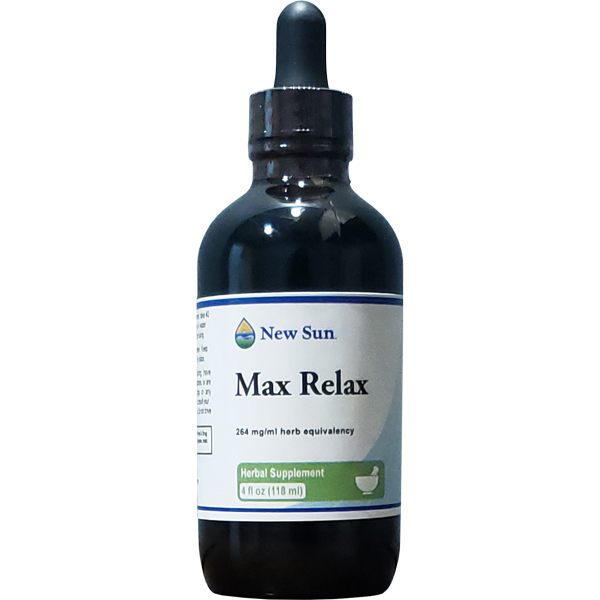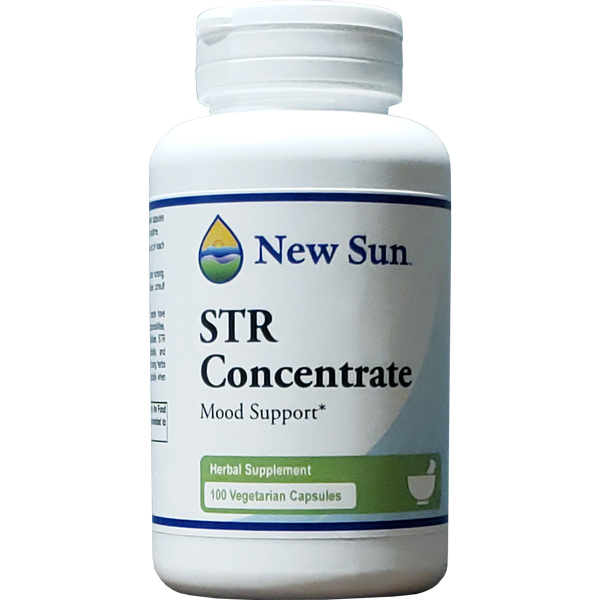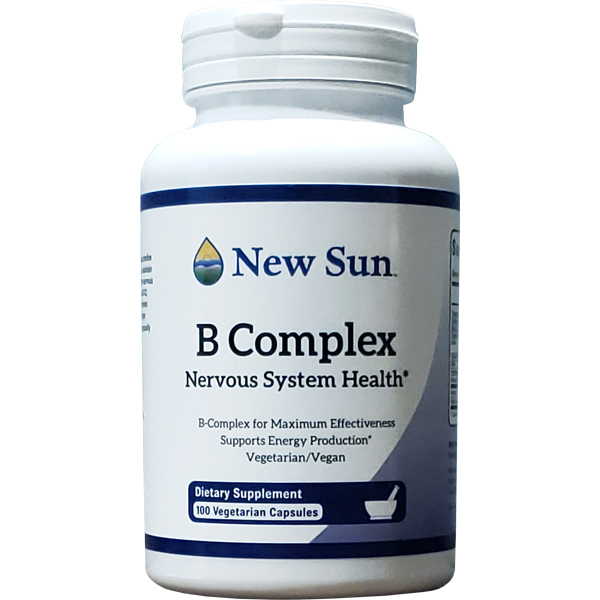 Stress. Even seeing the word might cause your blood pressure to rise a little. By now, you probably know all the ways stress is bad for your health, so we’re going to take a more positive, less stressful approach in this article and tell you about all the GREAT health benefits that you can achieve when you take measures to reduce stress. Plus, we’ll give you some tips for reducing stress, some of which can help you start feeling better right away. Now, don’t you feel less stressed already?
Stress. Even seeing the word might cause your blood pressure to rise a little. By now, you probably know all the ways stress is bad for your health, so we’re going to take a more positive, less stressful approach in this article and tell you about all the GREAT health benefits that you can achieve when you take measures to reduce stress. Plus, we’ll give you some tips for reducing stress, some of which can help you start feeling better right away. Now, don’t you feel less stressed already?
Some Stress Can Be Good
Did you know that not all stress is harmful to your health? “Good” stress is called eustress; it’s the type of stress we feel when we’re excited or happy. For instance, friendly competition in a game of flag football, riding a roller coaster, or the anticipation of walking down the aisle on your wedding day is (we hope) eustress.
Another type of “good” stress is the quick, acute stress we feel when we’re in a situation our bodies perceive as threatening or dangerous. Experiencing that feeling of “fight or flight” is our body’s way of letting us know that we need to act to protect ourselves, which is beneficial to our wellbeing and even our survival.
It’s chronic stress that we need to watch out for — the type when you feel burned out for weeks or months on end, that frequently interferes with your sleep, causes body aches and fatigue, and generally makes you feel like life has lost its shine.
The Benefits of Reducing Chronic Stress
When you reduce chronic stress, you’ll begin to see improvements in all areas of your life.
Reducing stress will:
Increase your productivity. When we feel better, we naturally have the drive to get more done!
Improve your sleep. Reducing stress means you can fall asleep more easily, and if you wake up in the middle of the night, you’ll go back to sleep faster.
Reduce your anxiety, depression, and irritability. Having less chronic stress will improve your overall mood. (So the next time your toddler spills milk all over the floor, you won’t be the one having a tantrum!)
Protect your immune system. Your body will function better when it’s not using up its energy and nutrients to deal with stress.
Help you be a better friend, co-worker, and family member. By reducing stress, you’ll find that you’re able to handle the bumps that come in every relationship in a more calm, constructive way. (Who knows — you may even be able to get through your next family gathering without getting into an argument about how wrong everyone else is about current events!)
How You Can Reduce Chronic Stress

Feeling less stressed sounds pretty amazing, doesn’t it? But how do we go about reducing stress?
It’s common to think that if only our circumstances were different, we’d feel less stressed. Maybe you imagine that once you retire, you’ll find inner peace at the beach. Or that if you just had a better boss, your life would be perfect. But the key to reducing stress isn’t necessarily changing the events around you. The way you manage situations is the key to reducing stress. (Please note that we’re not suggesting you stay in situations that are harmful or dangerous. If you’re in a relationship or environment that is harmful or debilitating, seek professional advice.)
Effective ways to manage stress can include:
Exercising. Exercise might be the best way to keep chronic stress at bay. When you get your blood pumping, you’re releasing those “feel good” endorphins. Choose something you enjoy doing, like taking a brisk walk in your favorite park, playing catch with your dog, challenging your child to a game of hide and seek, or dancing in your living room!
Eating healthy most of the time. Lean proteins, fruits, veggies, nuts, and healthy oils like olive and coconut help your body function its best, which leads to a mood boost.

Indulging! Note that we mentioned eating healthy “most of the time.” That’s because allowing yourself to have treats is another way to reduce stress. Getting too caught up in restricting yourself to 100 percent healthy foods 100 percent of the time, will only cause — you guessed it — stress. (Some experts recommend the 80/20 rule for eating. Check it out and see if it works for you.)
Practicing yoga, breathing exercises, or meditation. Slowing down and paying attention to your body is an excellent way to notice and manage any stress in your body. Use these deep breathing exercises from WebMD, check out this 15-minute calming yoga routine, or try this 10-minute meditation.
Taking an all-natural supplement that supports stress relief. Look for a supplement that contains ingredients like chamomile, which can help with sleep and relaxation; skullcap, which can reduce muscle spasms and restlessness; and hops, a flower that calms and is also high in B-complex vitamins and trace minerals, which have been shown to relieve stress. (You’ll find all of these natural stress relievers in our STR Concentrate!)
Trying cognitive behavioral therapy. CBT is a common type of therapy used by health professionals around the world. CBT teaches to change our thought patterns by recognizing cognitive distortions and then using tools like journaling, breathing exercises, and thought exercises to help alleviate our stressful thoughts. For a comprehensive CBT how-to guide, visit PositivePsychology.com.*
We hope the information we’ve provided has helped to alleviate some of your stress! If you’d like to learn more about stress-reducing supplements, visit our website or call us. Our experienced customer care team will be happy to recommend more products that can support stress relief.
*The information we provide in this article is not meant to be taken as professional medical advice. These statements have not been evaluated by the Food and Drug Administration. Our products and articles are not intended to diagnose, treat, cure, or prevent any illness. If you are experiencing stress that is interfering with your health, contact your doctor or a mental health professional.




